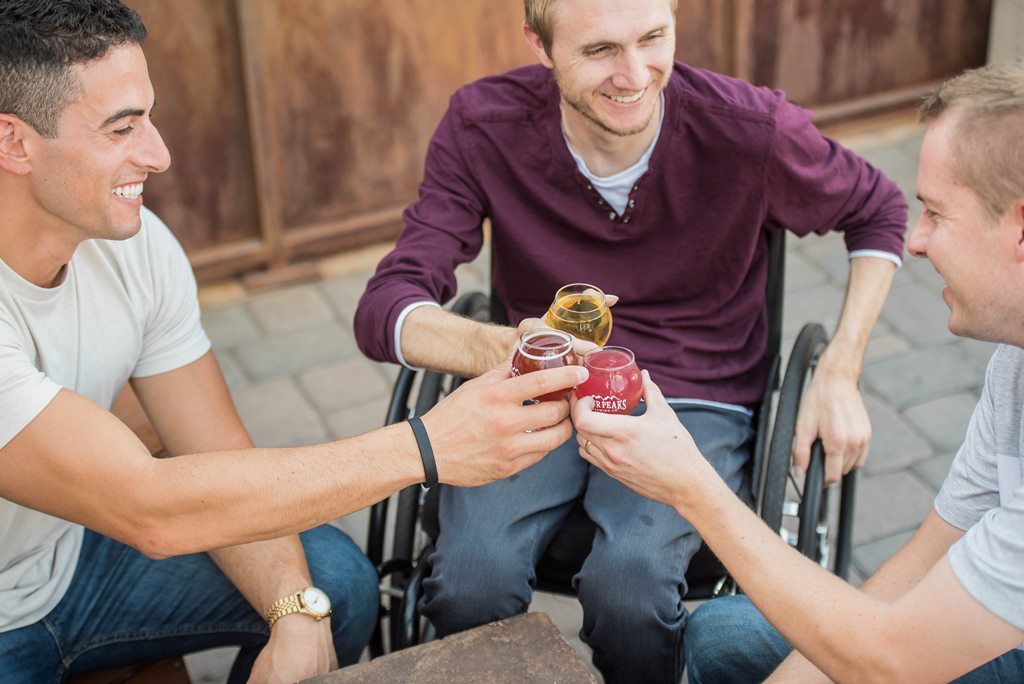Bristol-Myers Squibb (BMS) has created the Disability Diversity in Clinical Trials (DDiCT) program to promote fair access to clinical trials and to ensure that all patient groups are “reflective of the real-world population.”
The pharma company and member of the Biotechnology Innovation Organization (BIO) launched this initiative last week in collaboration with Disability Solutions, a US-based non-profit organization that assists businesses worldwide in achieving disability inclusion.
The goal of DDiCT is to provide suggestions on how to successfully increase access, engagement, speed of enrolment, and involvement of individuals with disabilities in clinical trials.
“People with disabilities are omitted from conversations about diversity and inclusion, despite being the largest underrepresented group in the world and the only underrepresented group anyone can join at any given moment,” said BMS in the statement. “Therefore, it’s essential that we broaden the scope of medical trials and research.”
According to BMS, current clinical trial protocols exclude up to a fifth of the US population based on handicap status. Research published in the Journal of the American Medical Association showed that 12.4 percent of people with intellectual or developmental impairments and 1.8 percent of those with physical disabilities were excluded from 338 phase 3 and 4 trials owing to stated exclusion criteria.
The study also pointed out that inaccessible trial sites, medical equipment, and ableist attitudes are barriers to disability diversity in clinical trials, which keeps people with disabilities from getting treatments that could save their lives.
Samit Hirawat, Executive Vice President and Chief Medical Officer, Global Drug Development, BMS, said: “The long-term goal of our DDiCT program is to develop and pilot trials that are accessible to the widest variety of patients.”
Promoting clinical trial diversity is a priority of the Biotechnology Innovation Organization (BIO).




